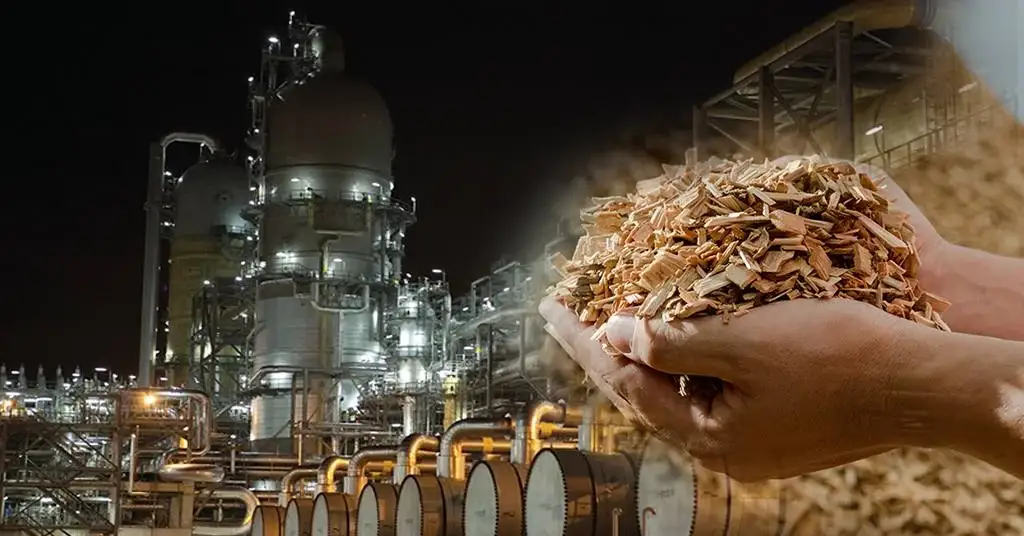Welcome To ChemAnalyst

Poland's government has clarified its stance on coal usage, asserting that it has no intention of accelerating the transition away from coal. This statement comes in response to state-controlled utility PGE's recent decision to bring forward its carbon neutrality target by ten years to 2040.
As part of an agreement with trade unions, Poland had previously outlined its plans to continue coal mining operations until 2049. However, PGE, the country's largest power utility, announced its intent to expedite this transition, emphasizing its commitment to renewable energy sources.
Currently, coal remains a significant contributor to Poland's electricity generation, accounting for approximately 70% of the country's power supply. Nevertheless, experts argue that relying on coal for power generation is not a sustainable long-term solution. Rising costs associated with coal and the European Union's green climate policies pose significant challenges to the continued use of this fossil fuel.
In response to PGE's strategy update, the Ministry of State Assets, responsible for implementing Poland's energy policy, emphasized that the government's energy strategy does not include plans to accelerate the phase-out of coal. This statement reaffirms the government's commitment to the original timeline, as outlined in the agreement with trade unions.
PGE is currently facing substantial carbon emission costs, estimated at 26 billion zloty (approximately $6.4 billion) for this year alone. To address this financial burden and maintain competitiveness, PGE's Chief Executive, Wojciech Dabrowski, stressed the need for the company to expedite its transformation efforts.
The situation underscores the challenges faced by Poland as it navigates the transition towards cleaner and more sustainable energy sources. While coal has played a significant role in Poland's energy landscape, the economic and environmental implications of continued reliance on this fossil fuel are increasingly apparent.
As the European Union places greater emphasis on reducing carbon emissions and promoting renewable energy, Poland, like many other member states, faces the dual challenge of meeting its energy needs while aligning with these broader sustainability goals. PGE's decision to accelerate its carbon neutrality target reflects the shifting dynamics in the energy sector and the imperative to adapt to a rapidly changing global energy landscape.
Poland's commitment to maintaining coal mining operations until 2049, as per its agreement with trade unions, reflects the complexity of the energy transition process. Balancing the interests of various stakeholders, including the workforce in coal-dependent regions, with the need to reduce carbon emissions and embrace cleaner energy sources presents a formidable task.
In the coming years, Poland will continue to grapple with these challenges, seeking a delicate equilibrium between its energy security, economic considerations, and environmental responsibilities. The outcome of this balancing act will not only impact Poland's domestic energy landscape but also contribute to the broader discourse on the future of coal in the context of global efforts to combat climate change.
Ultimately, Poland's energy strategy will require a multi-faceted approach that addresses the needs and concerns of all stakeholders while charting a sustainable and environmentally responsible path forward. The country's ability to navigate this complex terrain will play a crucial role in determining its energy future and its contribution to the global transition towards a more sustainable and carbon-neutral energy sector.
We use cookies to deliver the best possible experience on our website. To learn more, visit our Privacy Policy. By continuing to use this site or by closing this box, you consent to our use of cookies. More info.
